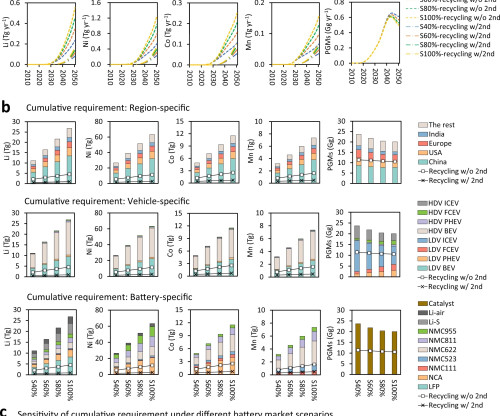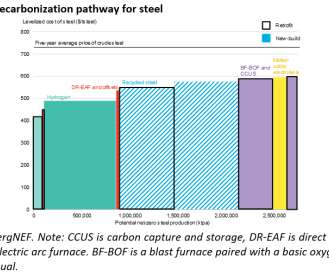Cornell study examines trade-off between critical metals requirement and transportation decarbonization
Green Car Congress
APRIL 17, 2023
Monotonic growth in global demand for critical metals to 2050 is the most prevalent trend. —Fengqi You, senior author Currently, critical metals and minerals are centralized in politically unstable Chile, Congo, Indonesia, Brazil, Argentina and South Africa, according to the World Bank.













Let's personalize your content